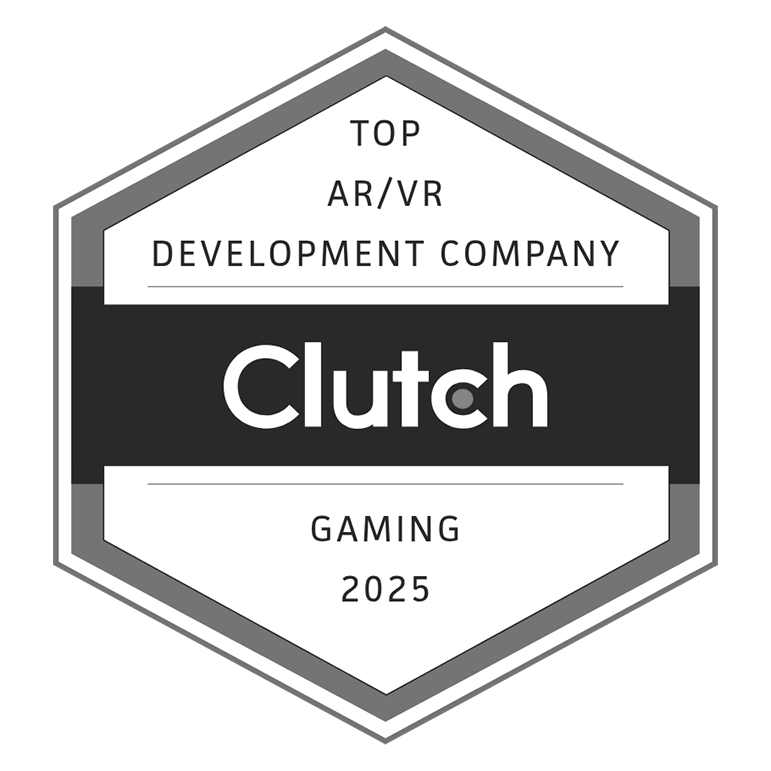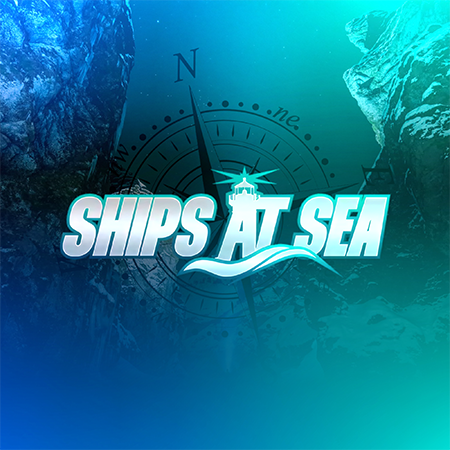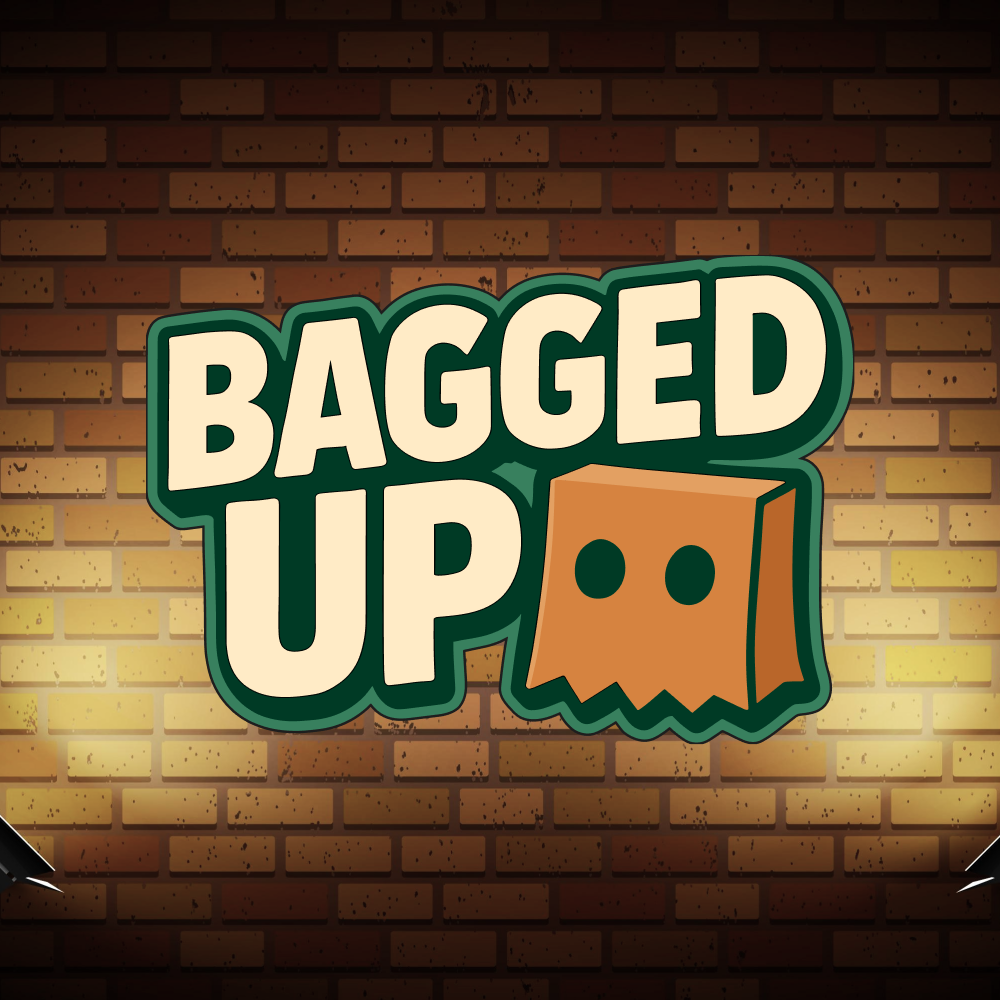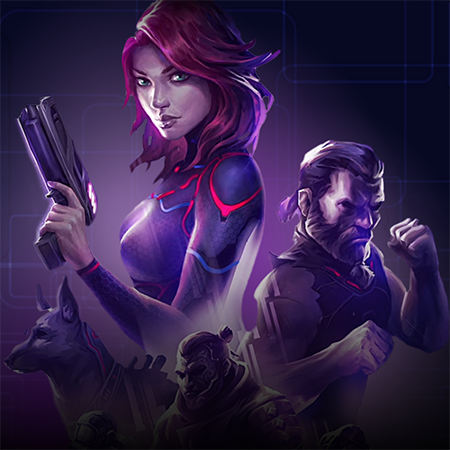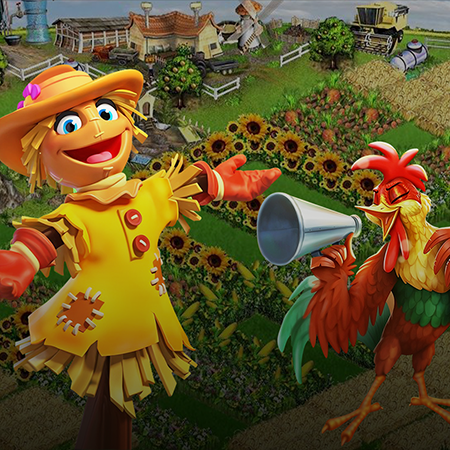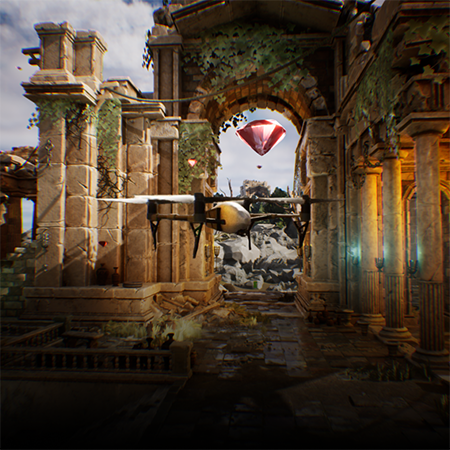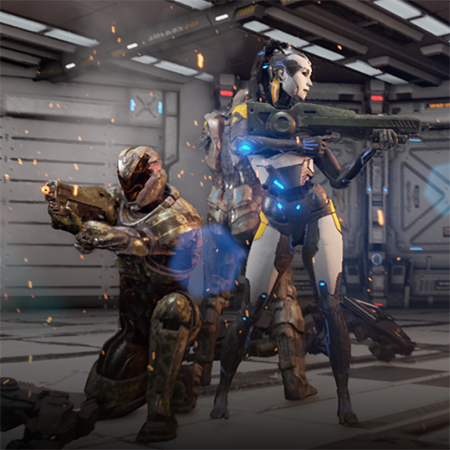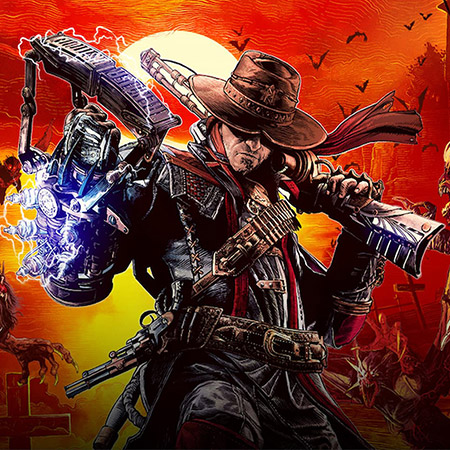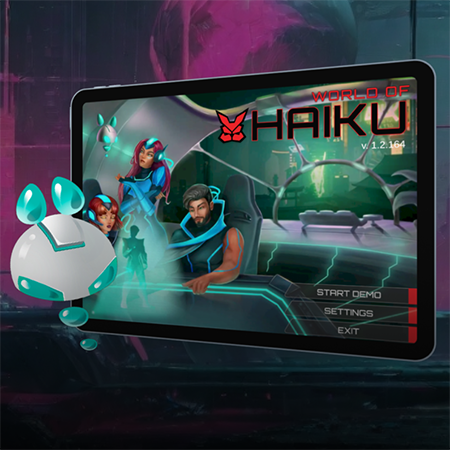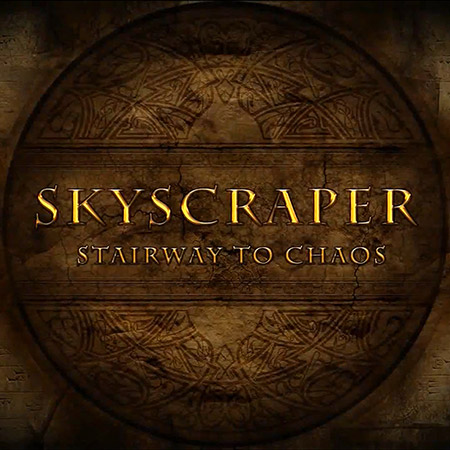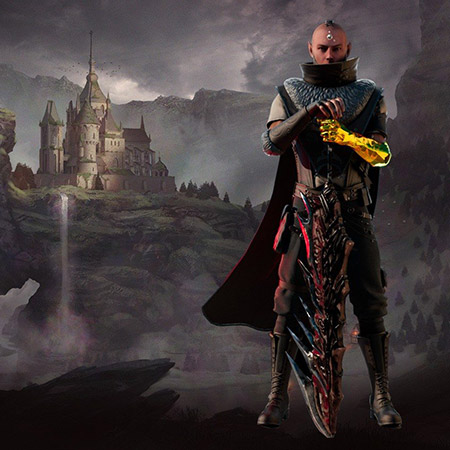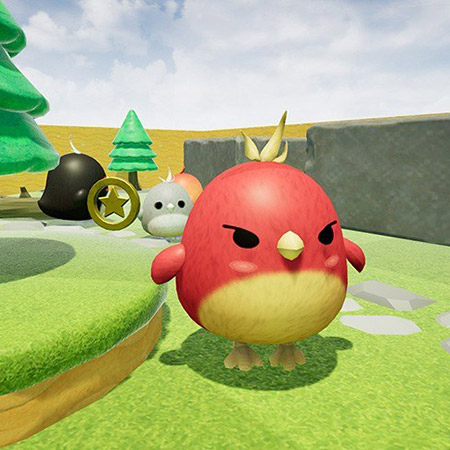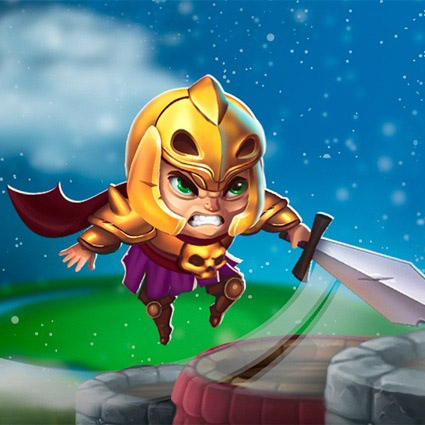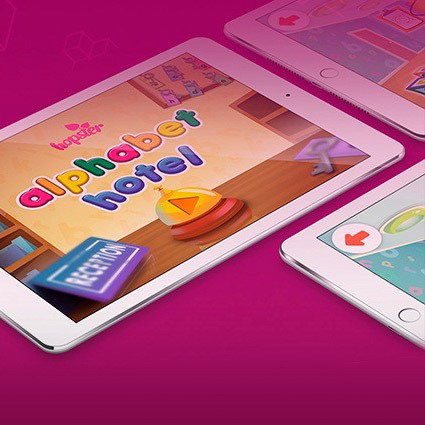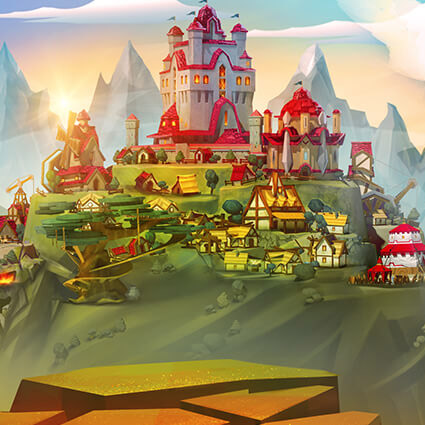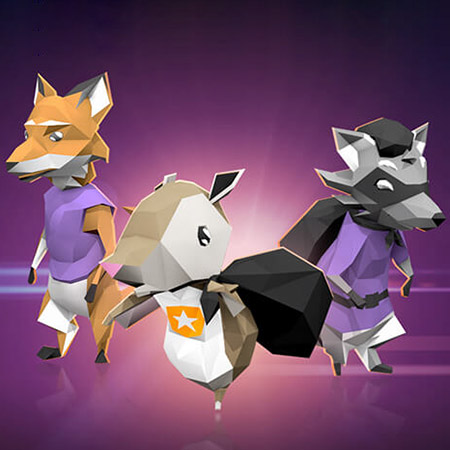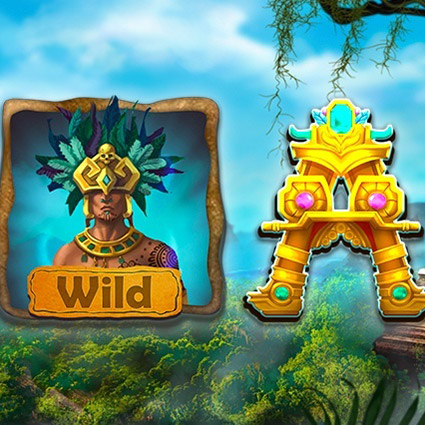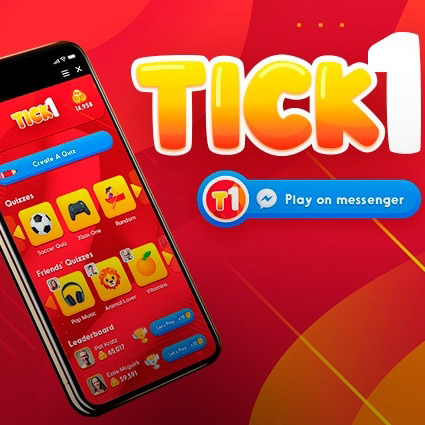Forming a development team from scratch can be a painstaking process with wildly unpredictable results. It takes a lot of time for the team members to form a rapport, speak on friendly terms, and coordinate in a way that does not resemble a bunch of loners relying on other people for the first time. Or you could hire game developers as a whole team.
This is a much safer option, allowing your business to reduce development time, quickly establish friendly working relations, and begin a project with a solid base of expertise. If you want to take full advantage of these benefits for your business, you are probably wondering how to find a game dev team that will correspond to your needs (budget, experience, etc.), and we have assorted just the answers you are looking for below.
What Should You Look for in a Team?
As tempted as you might be to jump into the search for your dream team, we recommend first taking some time to establish the conditions of your search – what exactly you’re looking for. They can serve as helpful filters and make the process much smoother for you.
Team composition

In many ways, the scope of your game will affect the team composition, but there must be over a dozen other factors that have an impact on your roster, including targeted development time, graphical/animation requirements, number of levels, and the complexity of the game features. At the very least, the team should include:
- Multiple developers
- Artists and designers
- A project manager
- QA engineers
There can be numerous other roles involved in game projects, especially with AAA releases and titles with powerful graphics and performance. Similarly, some of the roles can be merged if the company has specialists skilled in multiple fields.
Expertise and knowledge
Qualifications are always a deciding factor when you hire game developers, and the first thing to look for is knowledge of the programming languages and frameworks that the game will be built on. For web games, this is mostly Javascript on the front-end and Python, Node.js, and PHP on the back end. For mobile, it is Java, Kotlin, Objective-C, and Swift. Other platforms have their own standard stacks, while cross-platform development requires knowledge in multiple areas.
Check out the list of best languages for game development.
Another thing to pay attention to is knowledge of game engines. Unity and Unreal are the two biggest options available today, but certain projects benefit more from more niche engines like Cocos and PlayCanvas. Engines are valued for streamlining and speeding up development, and can be an invaluable asset to any game project.
Thinking about 2D game development but finding Unity too complicated and a bit pricy when it comes to hiring developers? Have a look at other market solutions! Explore more in our article about Unity vs Cocos2d.
If you choose to add VR/AR functionality to your project, the specialists involved in the project should have good knowledge of setting up tracking features, making 3D models interactive, and visualizing objects and characters in different settings and scales.
But you can make this process less expensive choosing the right technologies and specialists. Have a look at our research about typical VR game development costs.
In addition, modern developers need expertise in blockchain, as projects like NFT games are highly trending now, and the demand for them is getting higher.
Such development takes broad experience, expanding knowledge, and everyday practice with new technologies to keep up to date with the game development market. Therefore, providing NFT game development services is essential for companies that strive to provide ample opportunities to their clients.
Business models
With the abundance of specialists working in the industry, you have incredible flexibility when it comes to choosing the working conditions and terms of your team. Here are some examples of available business models:
- Full-time hires. Assemble experts one-by-one and make them a permanent fixture in your company. These experts may work at the office or (as has become popular recently) work from home/another remote location.
- Freelance hires. Find candidates online and hire them on a temporary basis, normally paying hourly or for a determined amount of work.
- Outsourcing. A company enters into a partnership with another business, and this business provides individual specialists to work on one or multiple projects. Thus, the devs are “hired” for a limited time traditionally concluding with the project completion. This is a convenient choice for companies not involved in gamedev, as they can just focus on results and not development specifics.
- Dedicated hires. A dedicated team is quickly made available and lent to your business. They work exclusively on your project. This is especially useful during crunch periods of development and rapid upscaling when more workers are urgently needed, but only for a short time.
Where to Hire Game Developers
As you set off on your search, your first instinct may be to just use Google search, the world’s best problem solver. Unfortunately, the search results are organized with little nuance for the particular strengths and weaknesses, history and qualifications of a company. Thus, you will first see the most popular choices but not necessarily the best for your project. Below are a few alternative tools you can use:
Freelance portals

Hiring freelancers is one of the easiest approaches, simply due to the vast number of specialists available. They feature their profiles in portals like Upwork, Fiverr, and Toptal, so you can quickly get in touch and usually see their rates right away. One of the downsides of freelance hires is that their involvement in projects is rarely finalized through paperwork, so there are limited consequences should they choose to stop helping at any particular moment.

This social network for professionals is a godsend for anyone looking to recruit. The casual nature of networking and communication makes starting a conversation easy, and you do not need to get down to brass tacks right away. However, you will have a much easier time looking for companies that already offer game development team recruiting than searching for individual specialists and assembling them together.
Research agencies

If you are open to partnering with outsourcing companies and letting them provide you with the talent you need, research agencies can be a big help. For example, Clutch, Goodfirms, and IAOP all conduct careful analysis and review of game companies and studios before publishing information, reviews, and insights about the companies and their strengths. Game-Ace is a top-rated game development studio for hire that is listed on these services, with clients pointing out their flexible partnership conditions, reliability, and vast expertise in gamedev.
Are There Benefits to Outsourcing Game Development?
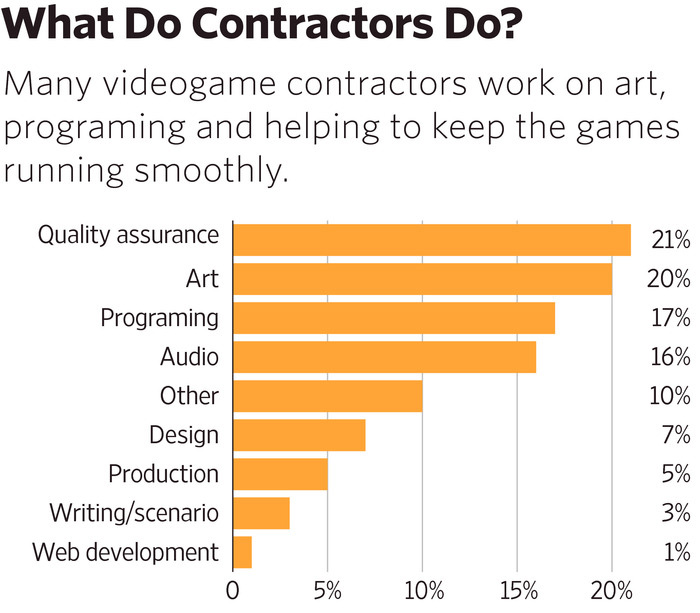
We have covered some of the difficulties of traditional hiring and freelance, but outsourcing tends to be both safer and more business-friendly. Even the challenge that is often pointed out for this practice – communication issues; can be easily overcome by setting up a framework for communication that establishes tools, timeframes, and standards for calls, progress updates, etc. With that in mind, the benefits that can be gained from this approach are formidable:
✓ Low rates
Outsourcing companies tend to operate in developing countries with affordable rates, so overall salary costs are lower than hiring in developed markets.
✓ Easy upscaling and downscaling
You can quickly add and remove specialists by picking from a pool of candidates provided by an outsourcing partner, and they can quickly find new candidates from their saturated talent market.
✓ A melting pot of expertise
An outsourcing partner can add their expertise to your own, giving you a solid base of knowledge and top practices to use throughout your project.
✓ Expanded resources
Experienced partners tend to have a wide array of hardware and software at their disposal, so you rarely have to worry about obtaining new tools for the advancement of your project.
What are the Costs?
While there is no special calculator for determining the costs of making a game, we can look at some of the major factors impacting the costs.
Location
If you have a full-time team on the payroll, it is safe to say that most of the costs will go into paying for their salaries. For companies operating in countries with high compensation of labor, the costs can easily dip into the hundreds of thousands of dollars. However, outsourcing from a country with lower rates can be a good way to drastically cut costs.
Genre and platforms
Choosing to release your game on multiple platforms will extend the development time, and accordingly – costs. Additionally, releases for high-power platforms like PCs and consoles take much longer to perfect, especially if they aim to take advantage of these machines’ great performance. Genre and scope can also play a big role, as arcade titles and hyper-casual projects are typically much cheaper to make than adventure and shooter games. AAA games are a category of their own, and their overall costs often surpass $1 million. Endless runner game development falls into the hyper-casual category, offering a cost-effective option for studios looking to create engaging, fast-paced experiences. These games often focus on simple mechanics, allowing developers to experiment with procedural environments, smooth controls, and replayable content without the massive budgets of AAA productions.
Roblox game development offers an alternative for studios looking to create cost-effective yet engaging projects. The platform’s user-friendly tools and collaborative environment make it ideal for producing immersive multiplayer experiences without the massive budgets of AAA productions. Endless runner game development, for example, falls into the hyper-casual category, allowing developers to experiment with procedural environments, smooth controls, and replayable content while maintaining lower production costs.
Looking for outcourcing mobile game development? We created a page with accurate prices for any kind of mobile games.
Other factors
Oftentimes, a company will want to create a demo or MVP for a project before investing in a full release, so a lot of time and money will go into this demo. Then you also have to consider the costs of hardware – hosting the content on the server, maintaining the backend, testing on various devices, etc. Other expenditures can come from buying software licenses, marketing your release, establishing legal and copyright protections, and many more things.
How to Get Started with Game-Ace

Our studio employs dozens of game dev experts, and we are always on the prowl for new partners and projects that we can engage with. Have you got a game idea that you want to bring to life? We can make it happen, and all it takes is going through a few steps:
- Contact us
- Let’s discuss the project needs and cooperation model
- We prepare a proposal
- If everything is to your liking, we sign paperwork and get rolling
- Success!
Our studio has been making games for over a decade, and we have built up a strong portfolio. We are especially proud of our achievements in making mobile and AR/VR games, but have had the opportunity to work extensively on all major platforms. We also pride ourselves in being flexible and quickly adapting to changing business needs, so you can count on us to deliver results even in limited timeframes.
How does it sound? Let’s get the ball rolling today and discuss potential partnership.
 How to Design Learning Games That Teach Real-World Skills to Young Learners
How to Design Learning Games That Teach Real-World Skills to Young Learners  Level Up Learning: How Game-Based Learning Drives Real Results
Level Up Learning: How Game-Based Learning Drives Real Results 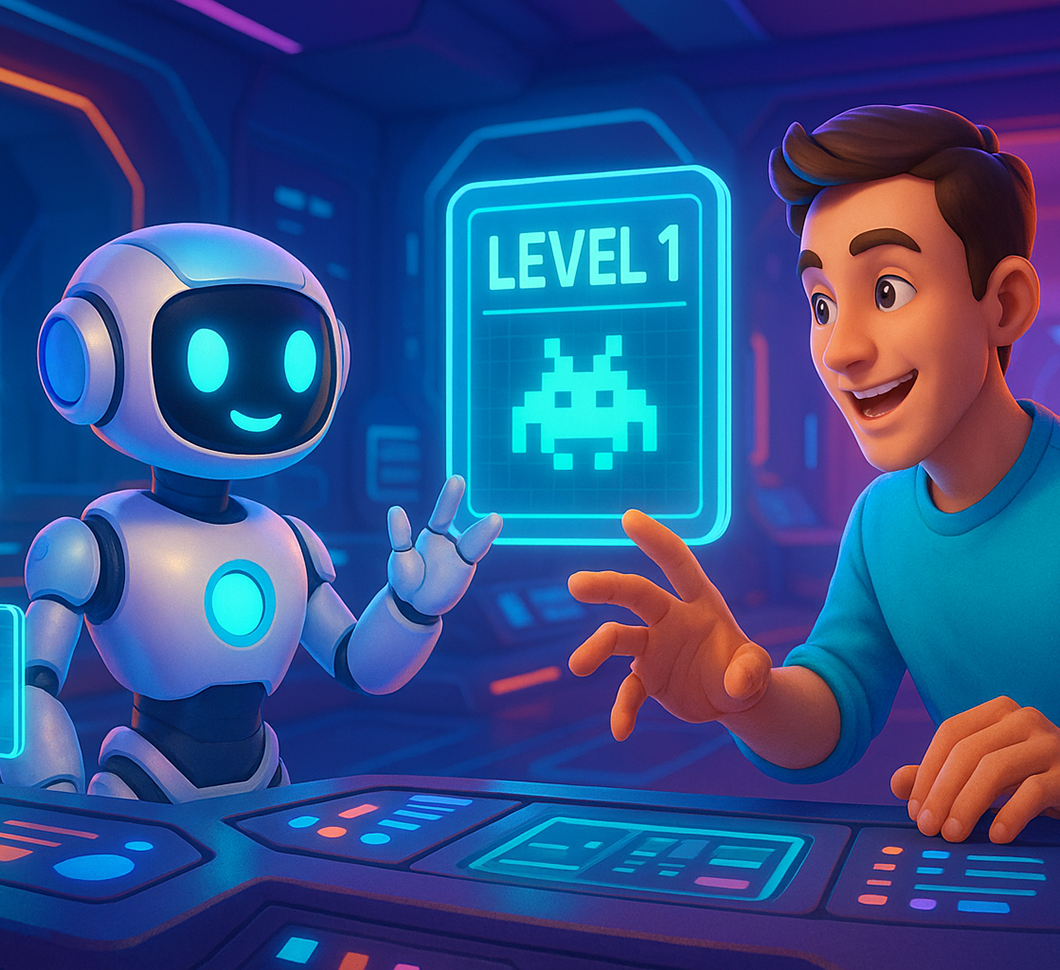 AI Game Assistant Integration for Smarter, Player-Responsive Games
AI Game Assistant Integration for Smarter, Player-Responsive Games 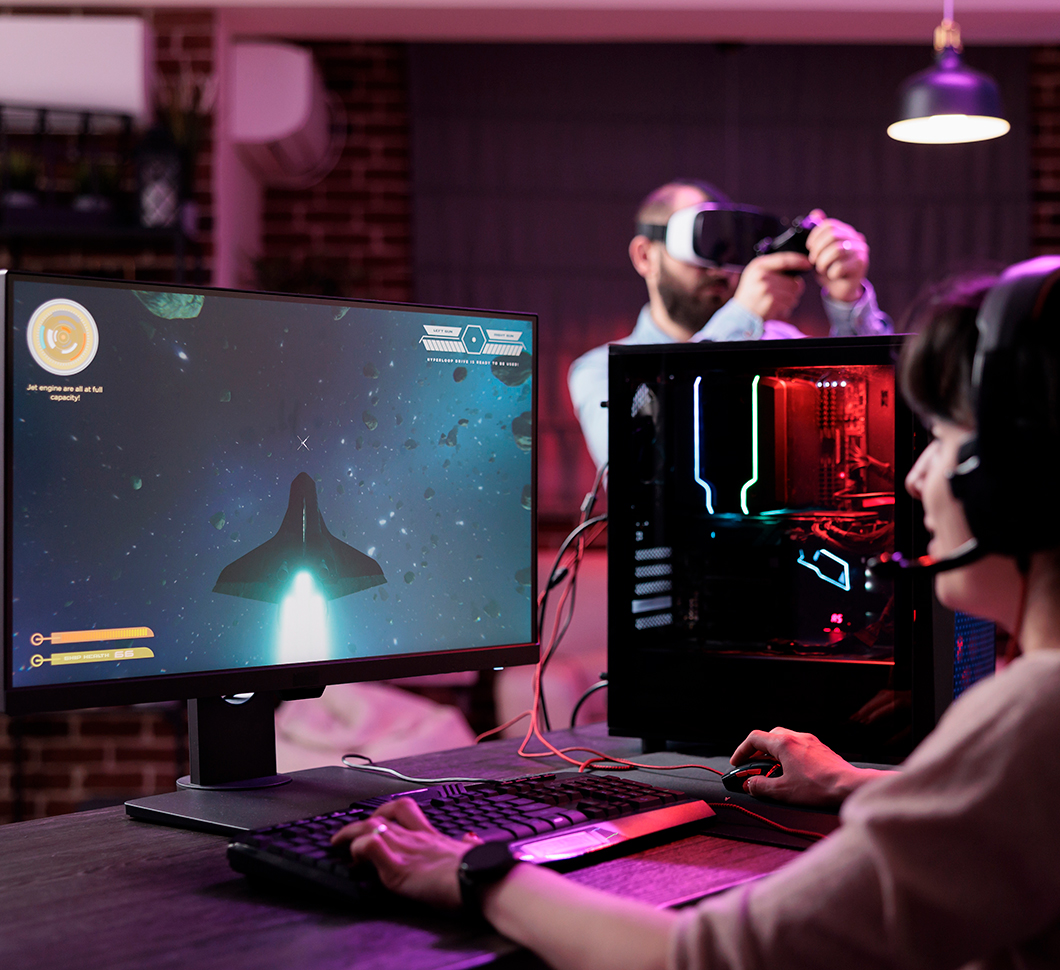 Beyond Reality: What Is a Simulation Game and Why It Matters Today
Beyond Reality: What Is a Simulation Game and Why It Matters Today  Proof of Concept Game: The First Step Toward a Full-Scale Game
Proof of Concept Game: The First Step Toward a Full-Scale Game 








